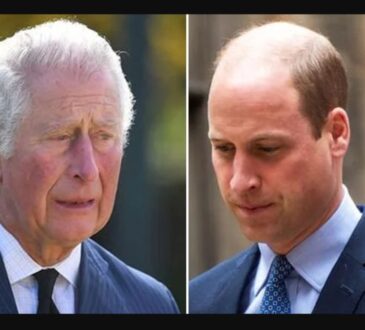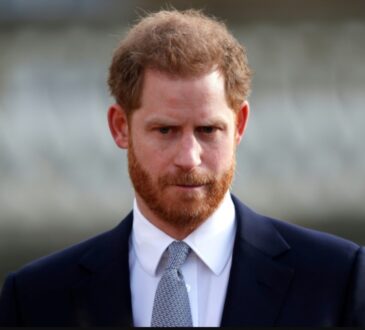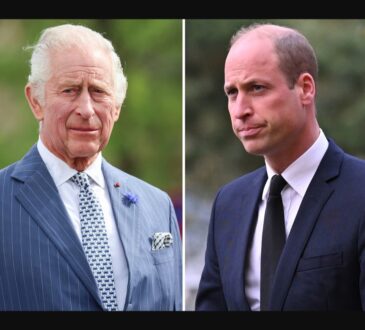Carol Vorderman Exposes King Charles’ ‘Death Tax’ Scam: ‘He’s Taking Money From the Bereaved’
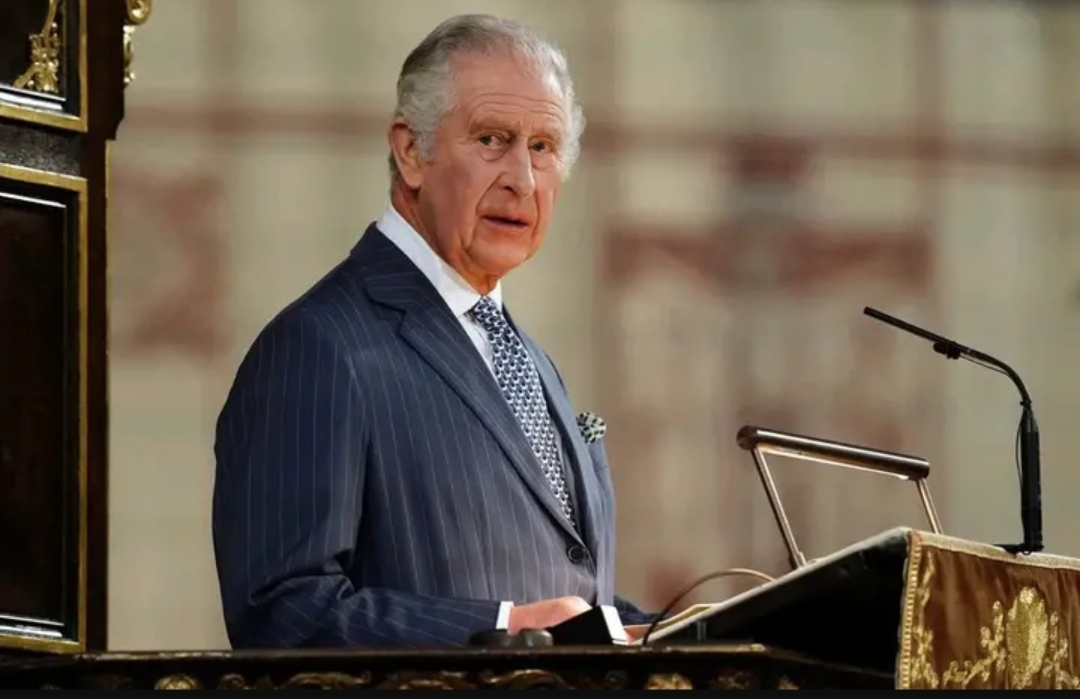
In a startling revelation, former Countdown star Carol Vorderman has taken to social media to expose King Charles III’s purported involvement in profiting from the unclaimed assets of deceased individuals in parts of north-west England. Vorderman expressed her outrage, stating she was “absolutely fuming” over reports that Charles has received over £60 million through the Duchy of Lancaster over the past decade from individuals who died without a will or known next of kin.
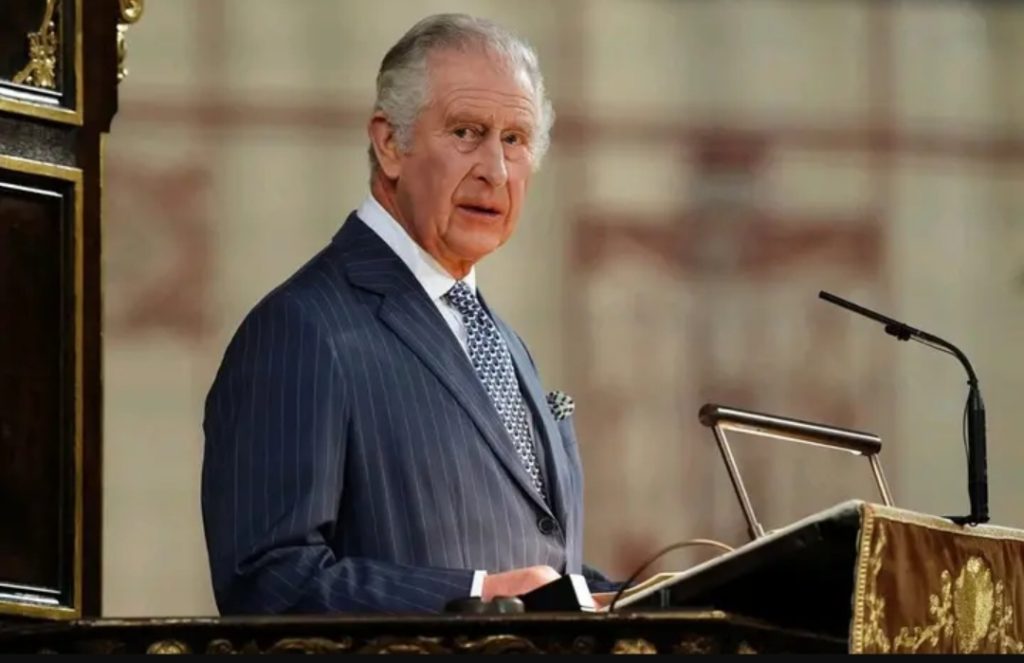
According to a report by GB News, The controversy, brought to light by an investigation from The Guardian, centers around the Duchy of Lancaster—a private estate managed to generate income for the monarch. Unlike the standard practice in the rest of the UK, where unclaimed assets go to the Treasury, the duchy allegedly retains these funds when people die intestate in its medieval territory spanning Lancashire, Merseyside, Greater Manchester, Cheshire, and Cumbria.
Leaked documents suggest that the Duchy of Lancaster has not only collected bona vacantia (unclaimed assets) but has also utilized these funds for commercial purposes, including the secretive renovation of properties within its vast 45,000-acre estate, subsequently rented out for profit. While the duchy asserts that the funds are eventually donated to charities after deducting costs, The Guardian’s investigation reveals that only a fraction reaches these charitable causes.
Vorderman, terming the arrangement “an absolute disgrace,” is demanding increased transparency regarding royal finances. She called for King Charles to redirect the allegedly ill-gotten gains to charities in the affected regions, emphasizing the potential positive impact on the local communities.
This issue goes beyond Vorderman’s concerns, as Graham Smith, head of the anti-monarchy pressure group Republic, describes it as a “royal death tax.” Smith argues that the King lacks moral right to inherit assets from individuals unrelated to him, asserting that these estates should be used for the public good, not accumulated by a wealthy monarch.
The Duchy of Lancaster, however, defends the practice, asserting that it is a long-established legal entitlement that does not contribute to the King’s private income from the duchy. A spokeswoman stated that the unclaimed assets are used in a “responsible manner” for charitable causes but did not provide a detailed breakdown of where the funds have been allocated.
The controversy has sparked broader concerns about royal transparency, particularly regarding King Charles’ exemption from inheritance tax. Unlike Queen Elizabeth, Charles has so far refused to disclose details of his private income from the Duchy of Lancaster. Republic argues that the public has a right to know the specifics of the King’s financial arrangements and how these assets are genuinely utilized.
Vorderman’s intervention adds another layer of scrutiny to the early days of King Charles’ reign. With over 400,000 followers on Twitter, she holds considerable influence, especially among middle-aged and older Britons. While not explicitly political, Vorderman has recently become more vocal in criticizing the government, leading some to speculate about her role as an unofficial ‘voice of the people.’
As debates surrounding royal transparency intensify, public demands for clarity on King Charles’ income from the Duchy of Lancaster and the utilization of these assets are likely to persist. This controversy could potentially shape public perception and discussions on the monarchy’s financial practices, presenting challenges for the new monarch in solidifying his reign.

